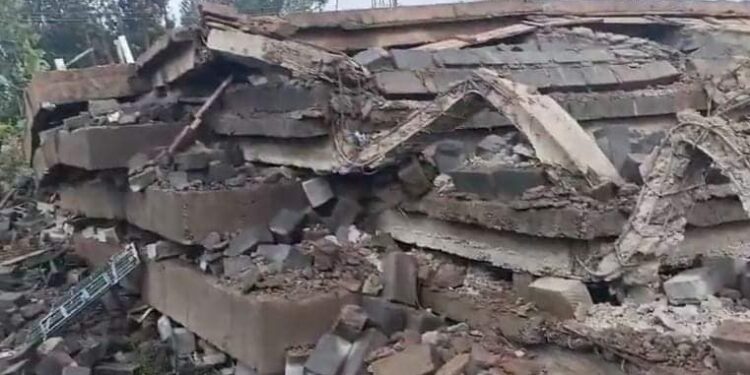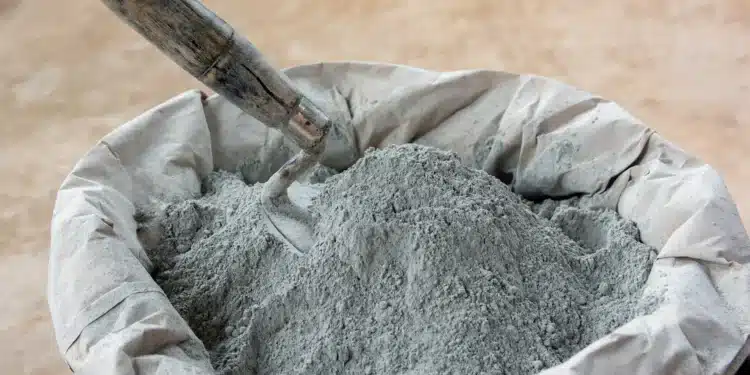A report by the Kenya Bureau of Standards (KEBS) has revealed that three in five samples of cement products collected in a market surveillance operation failed the standards test.
Business Daily reported that the leaked KEBS report indicates that only 38.1 percent of the cement tested in February 2022 met the required standards including the capacity to withstand the slightest pressure without crumbling.
Subsequent tests by the Bureau found that the quality of cement improved, with 63.4 percent meeting the compressive strength last December.
The standards body attributed it to “successful surveillance, corrective actions, and enhanced quality control by manufacturers.”
KEBS Managing Director Esther Ngari in a presentation to the cement sub-sector of Kenya Association Manufacturers (KAM) attributed the rise in low-quality cement on the market to “manufacturers cutting corners” and “counterfeiting.”

She highlighted that in February 2022, testing of 21 samples from eight undisclosed brands revealed that only 38.1% met the required standards.
KEBS Report on Cement
A subsequent market survey of 41 samples from eight brands showed a better compliance rate of 63.4%.
KEBS evaluates cement against various standards, including strength, ingredients, markings, and reactions to environmental factors like air and chemicals like lime.
Also Read: KEBS to Investigate Uji Power, Okra Amid Sexual Benefits Craze
Ngari identified four potential causes of substandard cement, including the “use of low-quality raw materials,” such as clinker.
Clinker, a crucial and expensive raw material in cement production, is sometimes used sparingly by unscrupulous manufacturers to cut costs, resulting in inferior cement.
Inadequate process controls and shortcuts by manufacturers, driven by profit motives and cost-cutting measures, were also blamed for the poor quality of cement
The KEBS Managing Director highlighted “illegal activities” such as adulteration and counterfeiting as additional factors contributing to substandard cement.
She also pointed out issues with supply chain transparency and control over packaging materials.
However, KEBS in a response reassured that the 38.1% non-compliance rate does not mean 62% of all cement products are non-compliant.
Also Read: Savannah Announces Plans to Take Over Bamburi Cement
They clarified that compliance with critical parameters like strength, setting times, and chemical composition was at 90%. Failures in non-critical parameters do not necessitate product recalls but do prompt corrective actions.
Buildings Collapse
The KEBS report came at a time there have been rising incidents of building collapses, which have resulted in fatalities.
Several reports have linked these collapses to poor workmanship and substandard materials.
According to a 2019 National Construction Authority (NCA) report, 186 buildings worth over Ksh2.4 billion collapsed between 2009 and 2019, primarily due to substandard materials, including cement and steel, and poor workmanship.
In May 2024, rescuers pulled four people out of the rubble of a collapsed building in the Mathare.
The collapsed five-story building had been partially demolished, but some residents remained in their apartments following an evacuation directive by the government.
Another five-storey residential building collapsed in August in Ruiru, hours after its over 100 tenants were evacuated.
The evacuation was witnessed by Kiambu governor, Kimani Wamatangi after the building developed cracks, with NCA finding it to be structurally unsound.
Follow our WhatsApp Channel for real-time news updates!
https://whatsapp.com/channel/0029VaB3k54HltYFiQ1f2i2C











































































